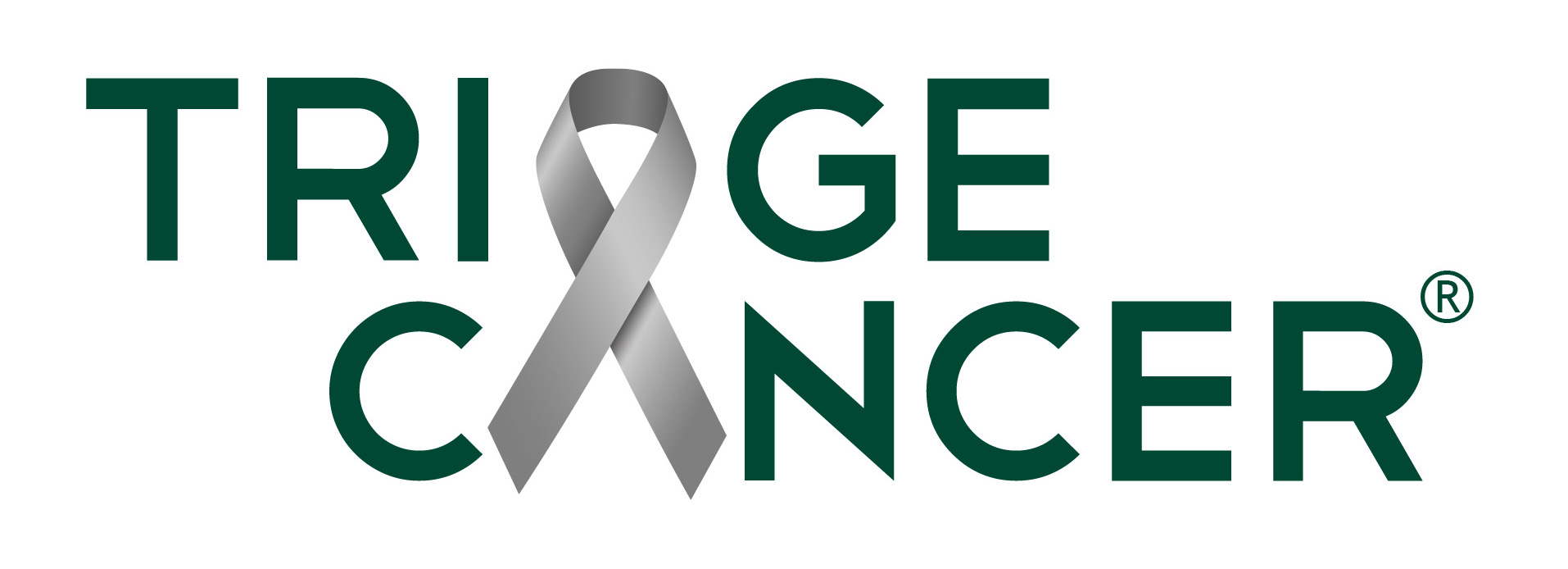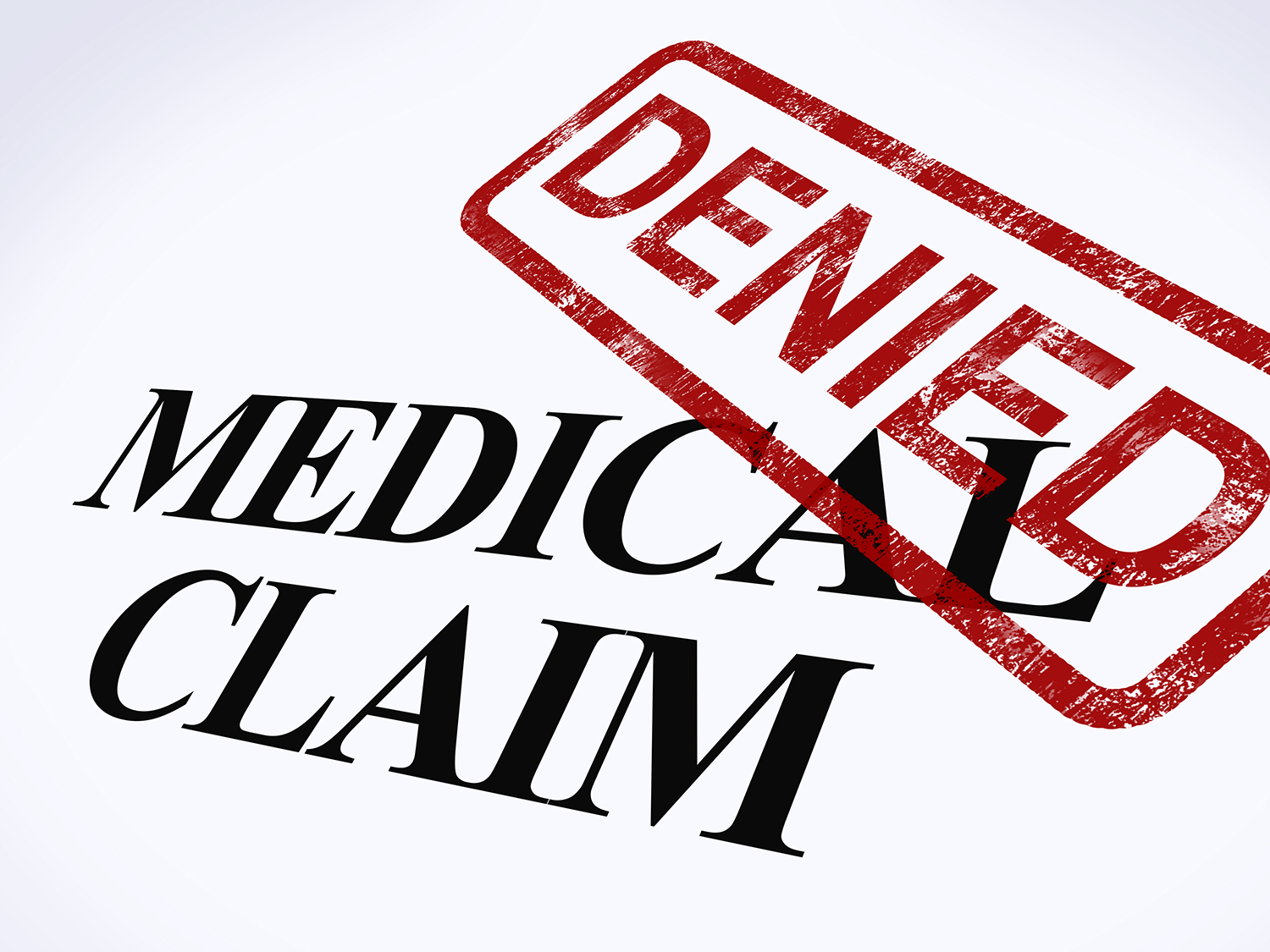At some point during cancer treatment, a patient may experience a denial of coverage from an insurance company, whether for a prescription drug, imaging scan, treatment, procedure or even a genetic test. This is sometimes called an “adverse benefit determination.”
And most people take no for an answer.
Many patients assume that their insurance company made a correct decision, accept the denial of coverage and try to find a way to pay for the medical care. Options include applying to financial assistance programs, crowdfunding or even mortgaging their home.
However, patients have the right to appeal the decision if an insurance company denies coverage. Those who don’t accept the denial and pursue the appeals process may actually win and get coverage for the care prescribed by their health care team up to 60% of the time!
It is important for patients and providers to be aware of the appeals process in order to get the care patients need.
Type of Coverage
Appeals can look very different based on the type of coverage that someone has:
- Employer-sponsored plans (insured or self-insured)
- Individual plans (e.g., Health Insurance Marketplace)
- Medicare (fee-for-service or managed care)
- Medicaid (fee-for-service or managed care)
- Military and veterans’ coverage
Medicare, Medicaid, and military and veterans’ coverage all have specific appeals processes. The Patient Protection and Affordable Care Act (ACA) is a federal law that requires individual and employer-sponsored plans to provide an external appeals process in addition to an internal appeals process. The external appeal is sometimes referred to as External Medical Review or Independent Medical Review. Note: Some states also offer consumer protections, and they may be more protective than federal requirements.
Regulation of the appeals process also depends on the type of plan a patient has. It might be regulated by the U.S. Department of Health & Human Services (HHS), a state agency or both. Triage offers an overview of federal and state laws governing the appeals process on its website.
Internal vs. External Appeals
If patients have a private insurance plan, like a Health Insurance Marketplace plan or a plan through their employer, they generally have two chances to appeal a denial of coverage: an internal appeal and an external appeal.
When an insurance company first denies coverage for patient care, patients can file an internal appeal asking their insurance company to reconsider. Each insurance company has its own internal appeals process, but there are required time frames related to filing an internal appeal.
- Standard appeal. For situations that are not medically urgent, a standard appeal can be filed within 180 days of receiving the denial.
- If the denial is for a pre-authorization, the insurance company is required to provide an answer, in writing, within 30 calendar days of receiving an appeal.
- If the denial is for care that has already been received, the insurance company is required to provide an answer, in writing, within 60 calendar days of receiving an appeal.
- Expedited appeal. An expedited, or urgent, appeal can be filed when a delay in treatment would seriously jeopardize the life and/or overall health of a patient, affect a patient’s ability to regain maximum function, or subject a patient to severe and intolerable pain. Decisions must be made within 72 hours of receiving the appeal.
If an insurance company denies the internal appeal, a patient can request an external appeal, where an independent entity decides whether the care prescribed for the patient by their health care provider is medically necessary. If the outside entity decides that it is, the insurance company has to cover the care. The external appeals process is meant to ensure a fair and objective review of claim denials.
- Standard appeal. Within four months of receiving an insurance company’s denial of the internal appeal, a patient can file a written external appeal. (Note: Some states provide additional time.) External appeals are completed within 45 days of filing.
- Expedited appeal. If urgent, reviews can be filed at the same time as an internal appeal and decided within 72 hours.
A patient can file an external review if:
- the internal appeal was denied;
- the plan fails to return its decision for the internal appeal in the time allowed; or
- the patient has an extremely urgent issue and requests an external appeal at the same time as the internal appeal.
Appeals can be filed both before and after medical services are provided. For example, if an insurance company denies a pre-authorization for a prescription drug, the patient can appeal using the internal and external appeals process, if needed.
State insurance agencies or HHS administer external appeals. The HHS process is free, and states cannot charge more than $25 for an external appeal.
Value of the Appeals Process
Nationwide data on external appeals shows that, on average, external appeals are successful for patients about 50% of the time. Despite being successful for patients, the external appeals process is a well-kept secret of the health care system.
Only some plans, such as Health Insurance Marketplace plans, are required to report data on their numbers of claims, denials and appeals. In 2021, more than 48 million claims were denied by Health Insurance Marketplace plans. But only 0.1% of those claims were appealed.
That means that 99.9% of the time, patients accepted no for an answer. And that means those patients were either paying for care out of pocket or not getting access to the care that was prescribed by their health care team because they couldn’t afford to pay for it out of pocket.
Successfully navigating the appeals process will not only improve the chances that patients get access to the care they need, but also mitigate the financial burden of a cancer diagnosis.
Learn more about the appeals process on Triage’s website.
Triage Cancer is a national, nonprofit organization that provides free education on the legal and practical issues that may impact individuals diagnosed with cancer and their caregivers, through events, materials and resources, including a Legal & Financial Navigation Program.
© Triage Cancer 2023
Cancer Today magazine is free to cancer patients, survivors and caregivers who live in the U.S. Subscribe here to receive four issues per year.
Disclaimer: Sponsored advertising content is written by the advertiser and does not necessarily reflect the views of Cancer Today or the American Association for Cancer Research (AACR). Cancer Today’s editorial staff was not involved in developing or creating the sponsored content. Content on the Cancer Today website is not intended to be a substitute for professional medical advice. For diagnosis or treatment of any medical condition or any questions you may have about a medical condition, please consult your physician or other qualified health care provider. Neither Cancer Today nor the AACR is liable for any loss or damage incurred as a result of reading or following the information or engaging with any of the advertising or sponsored advertising content on the Cancer Today website. The mention of any company, service, product or treatment does not constitute an endorsement by Cancer Today or the AACR.






